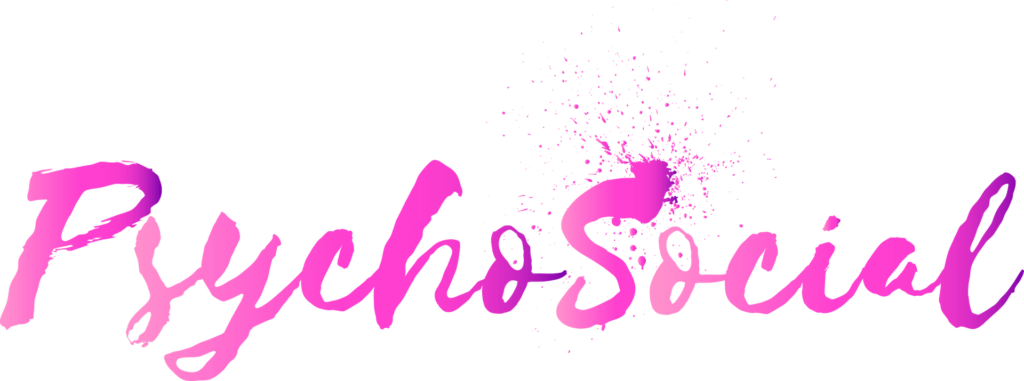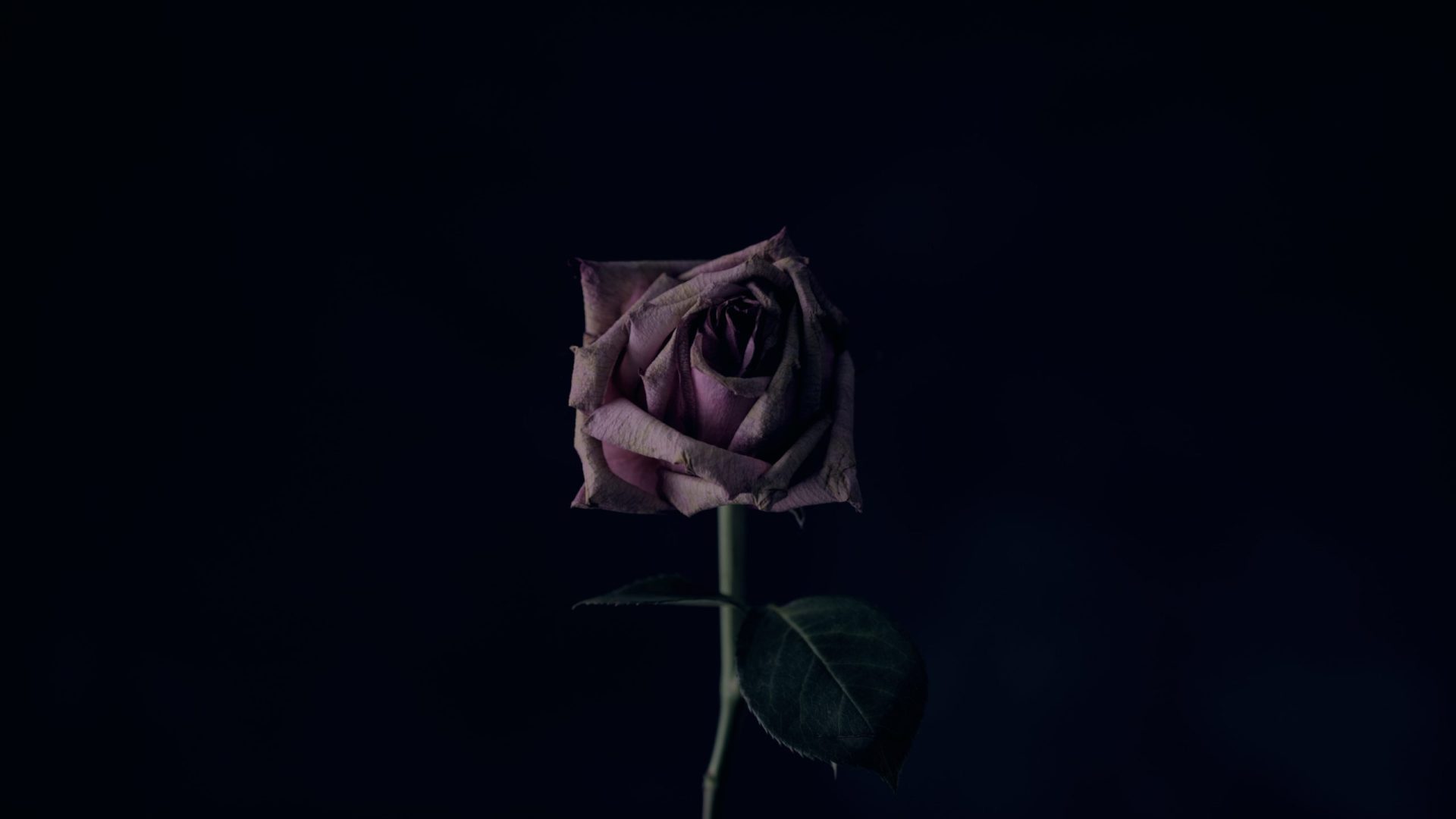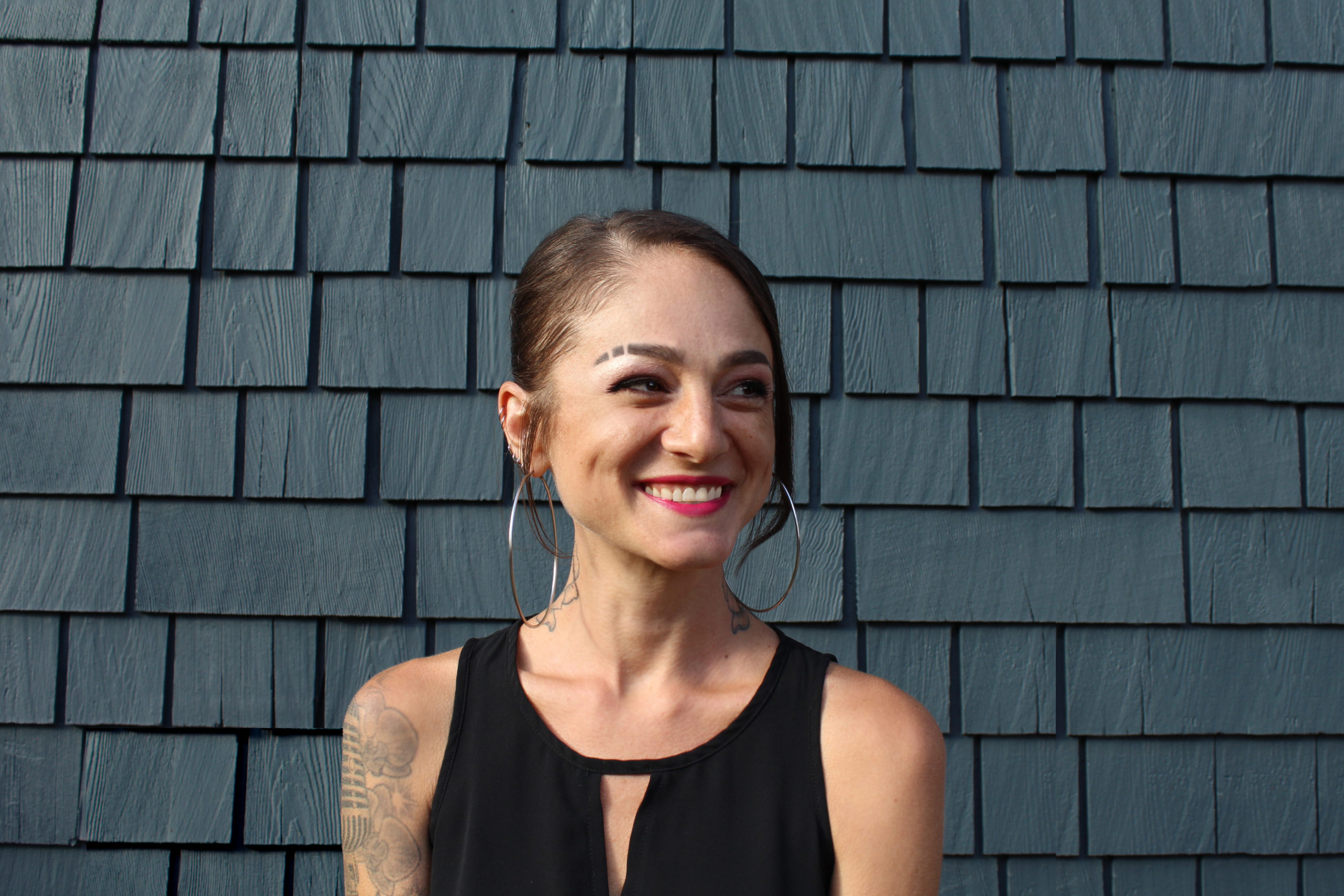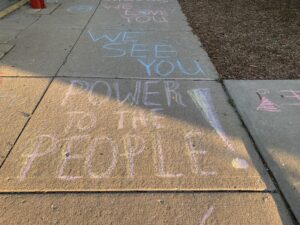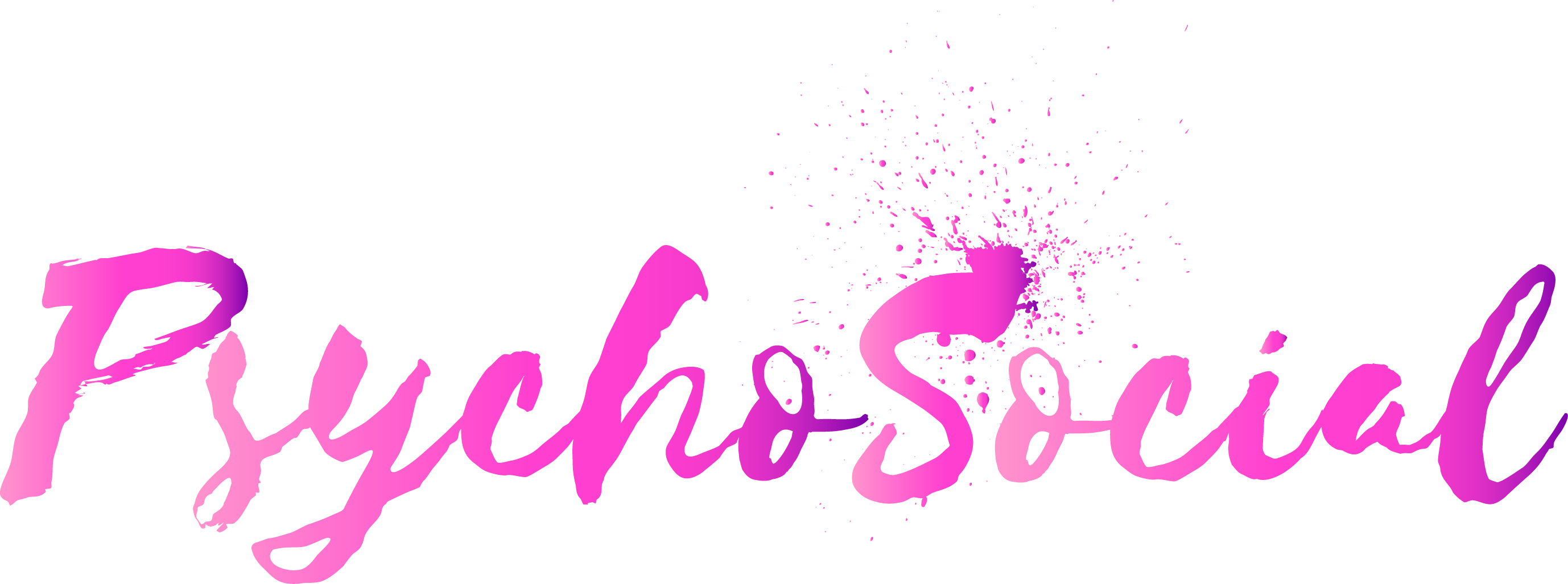Depression is more common than you think...
Although I was born with it, I wasn’t diagnosed with chronic depression until my late teens. There are many forms of the disease, for me it is sometimes triggered by outside events, other times it shows up unannounced. It is fairly common and many people struggle with undiagnosed depression at some point in their life, sometimes experiencing it for the first time as adults. The more I’ve talked about my history with depression, the more I realize how many people can relate. One person in particular whom I care for very deeply recently told me that he doesn’t use the “D” word for what he’s going through. It made me realize how much shame is associated with the word depression. Although so many people experience it, it is still seen by some as a sign of weakness or an admission of defeat. I think it is quite the opposite. Life is difficult for everyone and for those of us who have the additional burden of living with mental health challenges, it requires even more strength.
My entire life has been a series of various forms of depression. I will never know what a childhood or teenage years can feel like without a long shadow cast over me. It’s hard for me to think of more than a handful of times where I wasn’t fighting an exhausting uphill battle. As I’ve grown older and found more ways to cope with it, the dark times seem to be fewer and farther between, allowing more and more space for joy and light. As an adult, I realize how much good my long history with depression has actually done for me:
The more times I’ve been through bouts of depression the more evidence I have that I will get past it. I remind myself of this over and over again every time I start to feel defeated. Life is a series of peaks and valleys and the valleys tend to be a lot deeper for me. Usually, the closer I am to rock bottom, the closer I am to a breakthrough. I have seen enough examples of this in the past that I have come to believe this is always the case.
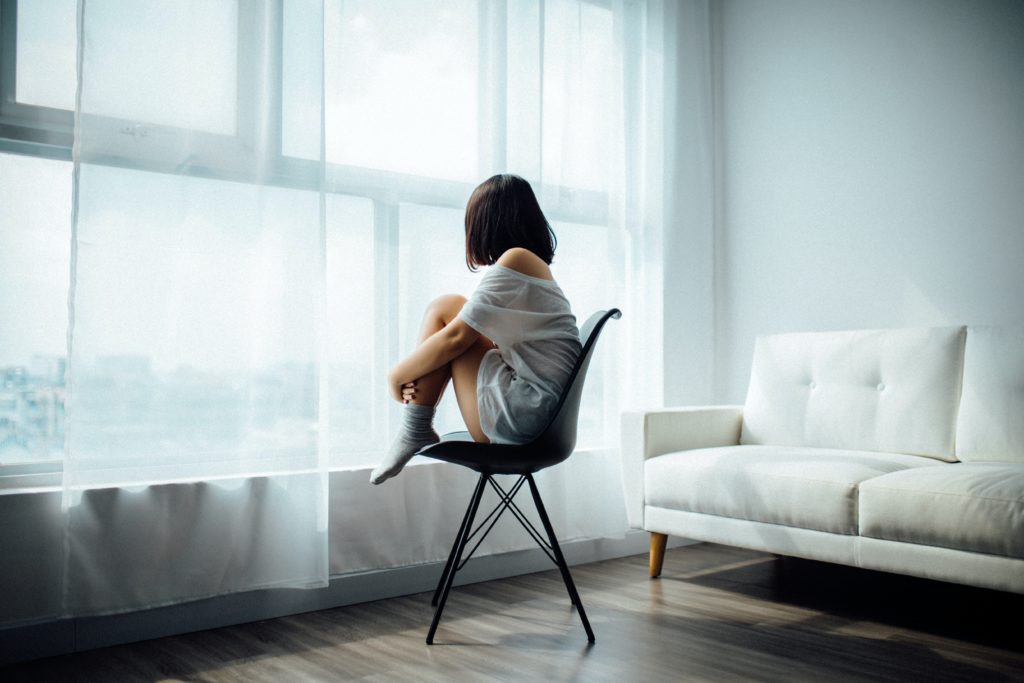
I have an arsenal of tools for coping through the hard times. As a means for survival, I’ve developed some go-tos to help me get to the other side of the hard times: writing, prayer, going out in nature or reaching out to a handful of people who make me feel loved, held and safe. Sometimes I need to check out entirely and do a netflix binge. Sometimes I need to face it head-on and have a good cry. My experience has helped me develop the self-awareness of knowing which form of self care I need on any given day.
– It has done wonders for my creativity. As a songwriter, digging deep and writing about my deepest feelings has been my most powerful tool. Instead of lashing out or letting things fester, I create art with my pain. It has always been a means of survival for me but it’s also helped me develop an incredibly fulfilling and authentic music career.
– Because I’ve been living with it from such a young age, my depression has rarely kept me from being productive or realizing my goals. This is a tricky one because I believe that depression effects everyone differently and sometimes it is impossible to get out and face the world. As a child, at some point I decided that I refused to be the “sad kid” or allow anyone to feel sorry for me. I learned to channel my pain into my writing so that I wasn’t a prisoner to my bedroom when I needed to go to school or to interact with people. As an adult I have carried these learned skills so that I can show up for work and continue to be productive despite how I am feeling on the inside.
– Joy and contentment are not lost on me. I know how it feels not to have these things and I know that they are fleeting. My gratitude for the happy moments moments make them that much more fulfilling for me. For the first twenty years of my life, I doubt if I had more than a handful of days where I didn’t feel like I was fighting against the current. Now at 35, I can think of months at a time where I was content more times than I wasn’t. That’s a HUGE triumpth that I have worked very hard for and the rewards has been priceless.
– I can relate and connect with people who are having a hard time, be it big or small. I can see the exhale of relief in people when I tell them my story or simply hold space for them to tell me theirs. So many people out there think that they’re alone in their depression and even worse, they carry the heavy burden of shame around along with it. I am grateful to alleviate these feelings for them in any way that I can. It’s almost like sharing my story gives them permission to be exactly where they are and there is no shame in that.
*To learn more about depression read one of PsychoSocial’s exclusive gold member articles “What is Depression and How You Can Cope.”
Corina Seligman, Meditation and Journaling coach, has developed an online workshop curriculum with the aim of sharing the tools she has learned through her own battles with chronic depression and anorexia.
She works to collaboratively foster and build self-love and mental freedom for her students. She has built a career teaching her workshops across the country, relying on her wealth of knowledge and personal experiences with her daily recovery and journey to building self-love and acceptance.
-
Corina Seligman, Wellness Coachhttps://psychosocial.media/author/cseligman/
-
Corina Seligman, Wellness Coachhttps://psychosocial.media/author/cseligman/
-
Corina Seligman, Wellness Coachhttps://psychosocial.media/author/cseligman/
